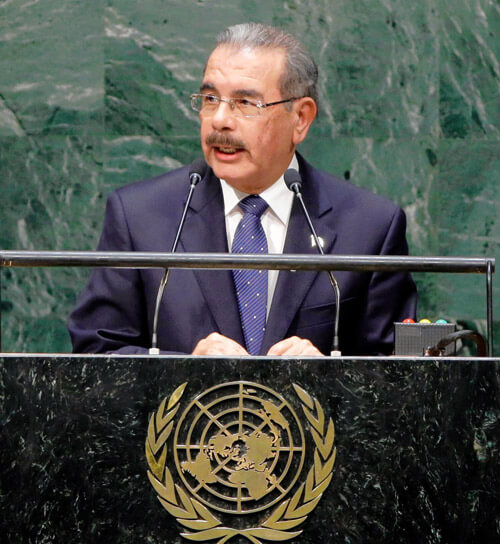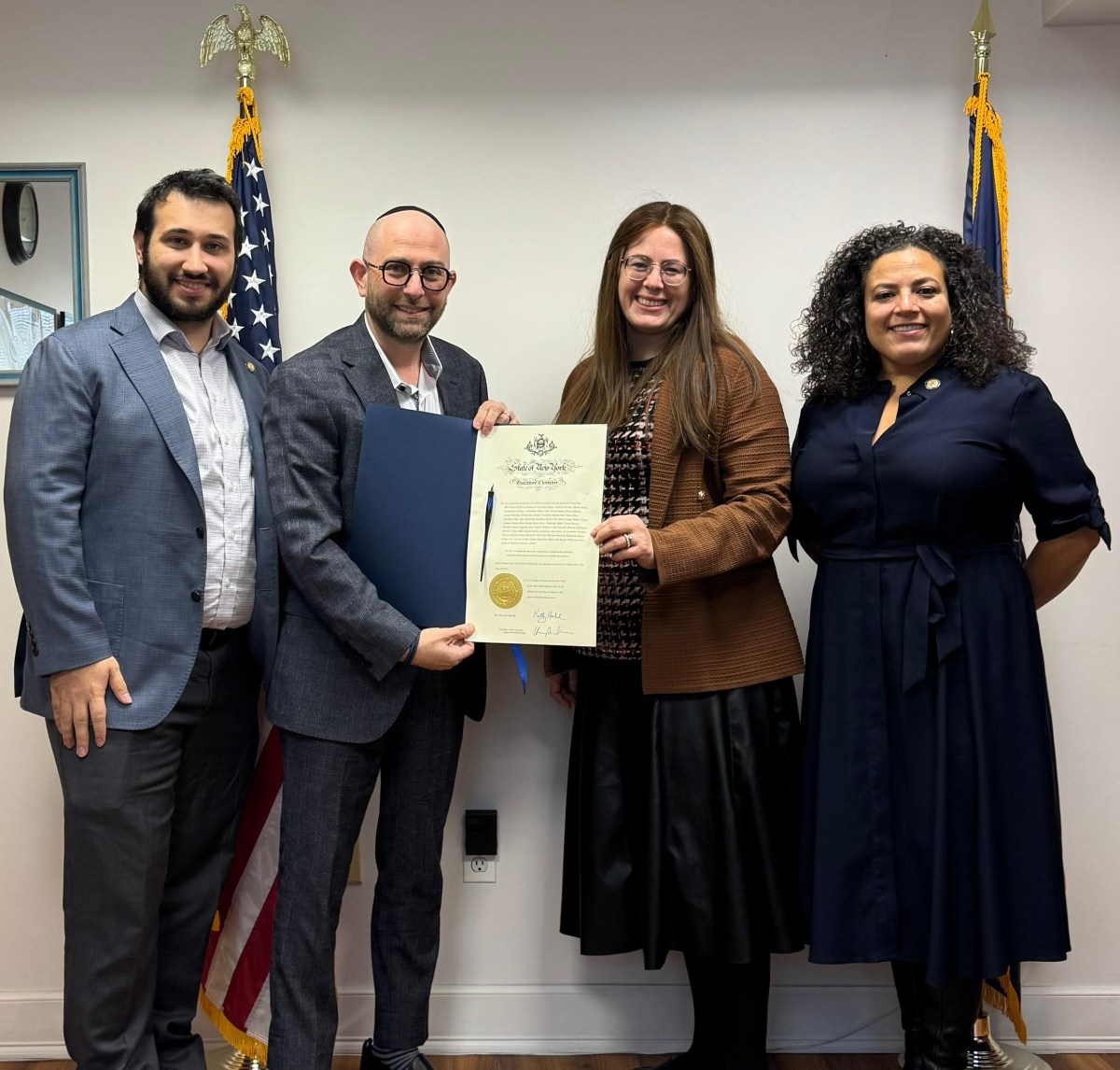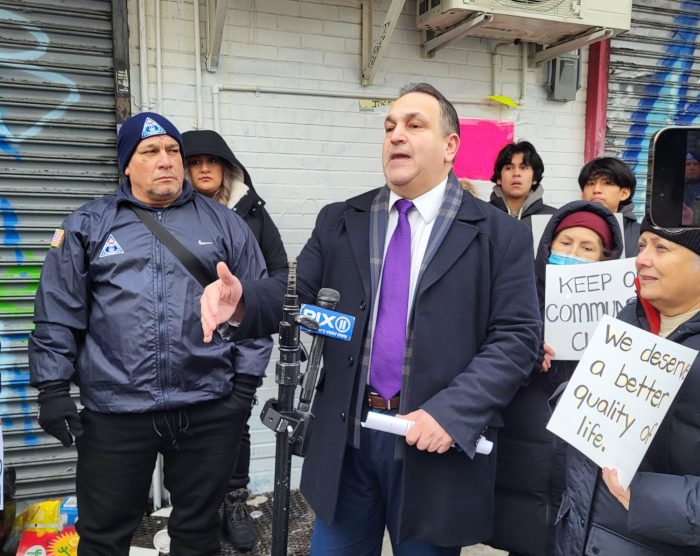The London-based international human rights watchdog, Amnesty International, says the Dominican Republic’s reaction to a court ruling over the rights of Dominicans of Haitian descent shows a “shocking disregard” for international law and the country’s legal responsibilities.
Last week, the Washington-based Inter-American Court of Human Rights (IACHR) handed down a ruling calling on the Dominican Republic to provide redress for human rights abuses suffered by Dominicans of Haitian descent and Haitians as a result of illegal deportations, denial of identity documents and arbitrary deprivation of nationality, among others.
But the Dominican Republic formally rejected the regional court’s ruling, dismissing it as “out of season, biased and inappropriate.”
“By rejecting the ruling of the Inter-American Court of Human Rights, the Dominican Republic is snubbing its nose at international law. The court found that serious human rights abuses were committed. The Dominican Republic cannot just ignore the ruling simply because they do not like the outcome,” said Chiara Liguori, Caribbean Researcher, Amnesty International.
“In January 2014 President Danilo Medina said that he ‘would not accept anybody’s human rights being violated.’ It is the time to put that statement into practice,” she added.
Amnesty International said the decision of the IACHR is entirely in line with previous research by the human rights group.
It said it has documented a “pattern of discrimination” towards Dominicans of Haitian descent, particularly in the access to identity documents.
“This entrenched discrimination was exacerbated by a September 2013 Constitutional Court ruling, which left thousands of people of foreign descent stateless,” Amnesty International said.
The IACHR found that, by issuing the September 2013 ruling, the Dominican State had failed to take positive measures to respect the rights to nationality, identity and judicial protection.
The Court ordered the Dominican state to revoke the constitutional decision and to adopt all legislative measures, even constitutional amendments if necessary, in order to regulate a simple and accessible birth registration process in accordance with international human rights law.
In May this year, the Dominican Congress unanimously approved Law 169/14. It created two categories of people: those who at some point were registered in the Dominican civil registry, and those whose birth was never declared.
Individuals in the first group had the possibility of having their Dominican nationality fully returned in a quick procedure, while the second group were categorized as foreigners and required to apply for Dominican nationality from scratch.
The IACHR found that the provisions obliging Dominicans to register as foreigners to be against international human rights law. The Court also noted that the migratory status of the parents do not transfer to the children.
Amnesty International said it is calling on the Dominican Republic to “quickly and effectively comply with the IACHR ruling.
“It is shameful that the Dominican government dismissed the IACHR ruling in this off-hand manner. Regional and national human rights systems were created to guarantee everyone a route to pursue justice and reparation for human rights abuses when national justice systems have failed them,” Liguori said.
“The Dominican Republic is at a crossroad. Will they continue to discriminate against Haitians and Dominicans of Haitian descent or take note of these outcries and improve the lives of these vulnerable people?” she asked. “Progress made on some areas of human rights in the last few years would be compromised by the refusal to comply with this ruling.”






















